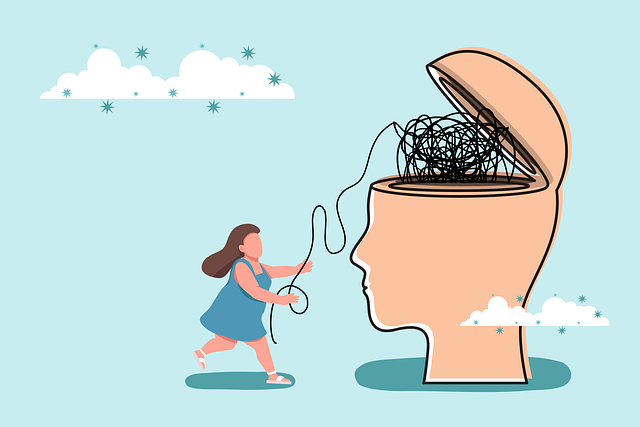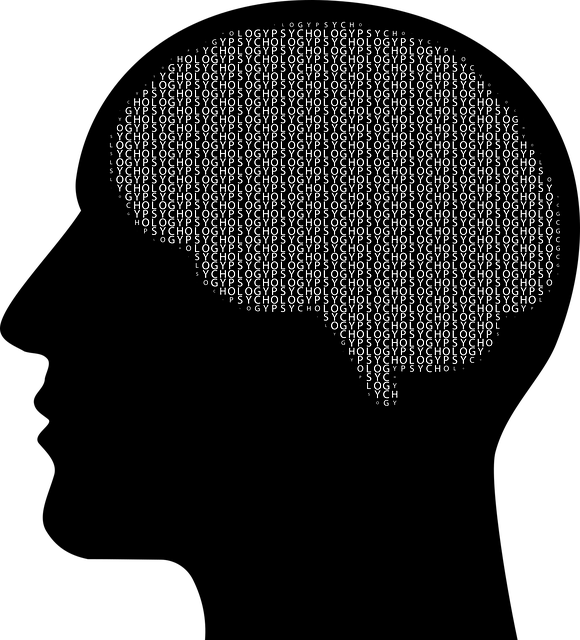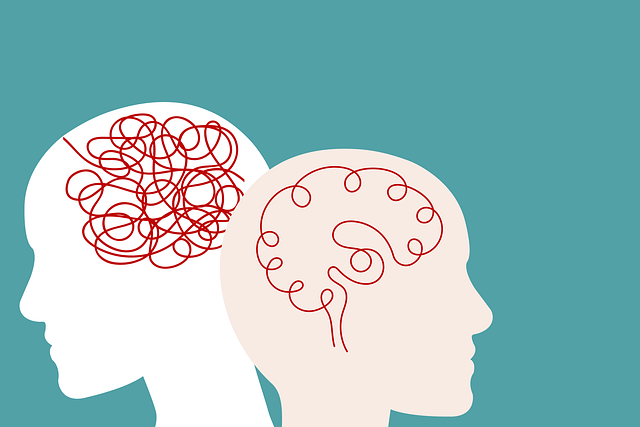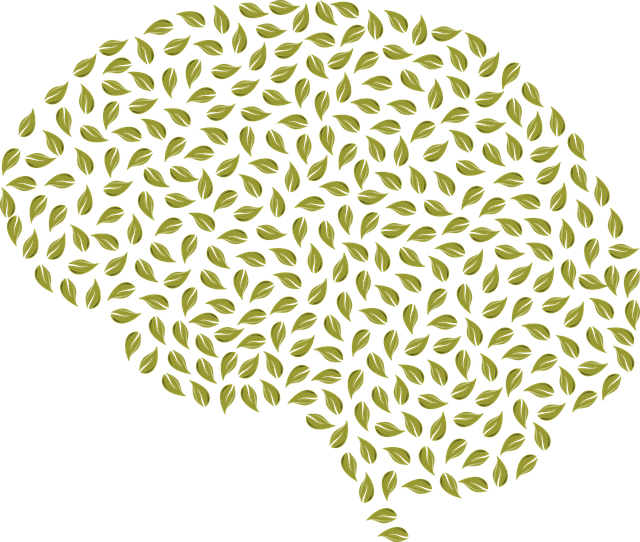Lone Tree Therapy for Therapists-Clinicians offers specialized support for individuals dealing with loss, grief, and bereavement. Through trained professionals, they create safe spaces for emotion processing, memory sharing, and coping skill development. Their evidence-based techniques, combined with empathy-building strategies, enhance mental health awareness and resilience. The therapy prioritizes open communication, creative expression, and trauma support, contributing to long-term emotional healing. Lone Tree Therapy invests in continuous learning for therapists, providing resources, workshops, and peer support to improve skills and offer compassionate care.
Loss, grief, and bereavement are universal experiences that can profoundly impact individuals’ mental health. This article explores these complex emotional journeys from a clinical perspective, focusing on the role of counselors in supporting grieving people. We delve into common challenges faced by therapists in this domain and present effective Lone Tree Therapy techniques for clinicians. Additionally, we emphasize the importance of resources and training to enhance grief support skills, offering valuable insights for therapists seeking to provide compassionate care.
- Understanding Loss, Grief, and Bereavement: A Clinical Perspective
- The Role of Counselors in Supporting Grieving Individuals
- Common Challenges Faced by Therapists in Grief Counseling
- Effective Techniques for Lone Tree Therapy in this Domain
- Resources and Training for Clinicians: Enhancing Grief Support Skills
Understanding Loss, Grief, and Bereavement: A Clinical Perspective

Loss, grief, and bereavement are complex emotional experiences that can significantly impact an individual’s mental health and overall well-being. From a clinical perspective, understanding these processes is essential for therapists and clinicians providing support to those in need. The term ‘loss’ refers to the absence of someone or something valued, such as a loved one, while ‘grief’ describes the emotional response to that loss, often characterized by deep sadness and a sense of emptiness. Bereavement, on the other hand, is the period after a significant loss, during which individuals navigate their emotions and adapt to life without their loved one.
At Lone Tree Therapy, therapists and clinicians are trained in helping clients develop coping skills and promote emotional well-being promotion techniques. By fostering inner strength development, these professionals guide individuals through the intricate journey of grief, offering a safe space to process feelings, memories, and adaptations. Through tailored therapy sessions, clients can learn to manage their emotions, enhance resilience, and gradually integrate into life post-bereavement while honouring their loved one’s memory.
The Role of Counselors in Supporting Grieving Individuals

Counselors play a vital role in supporting individuals navigating loss, grief, and bereavement. At Lone Tree Therapy for Therapists-Clinicians, professionals are trained to offer compassionate and skilled support during these challenging times. They create safe spaces where grievers can express their emotions freely, fostering self-awareness exercises that aid in processing sorrow and understanding one’s feelings. This process is essential for mental health awareness, promoting healing, and mitigating the risk of prolonged anxiety relief.
Through active listening and evidence-based techniques, counselors guide individuals through the complex landscape of grief, helping them develop coping mechanisms tailored to their unique experiences. By incorporating self-awareness exercises into therapy sessions, they empower clients to confront and work through their emotions in a supportive environment. This approach not only enhances mental health awareness but also equips individuals with tools to navigate future challenges, ultimately fostering resilience during times of profound loss.
Common Challenges Faced by Therapists in Grief Counseling

Grief counseling presents unique challenges for therapists and clinicians, especially when navigating complex emotions and supporting clients through profound loss. One significant hurdle is fostering empathy, as therapists must understand and connect with the deep sorrow experienced by their clients while maintaining professional boundaries. Building a safe space for expression, where clients feel heard and validated, is crucial but can be delicate to manage.
Additionally, many clients struggle with feelings of isolation and fear of judgment, which can hinder open communication. Therapists need to employ effective strategies, such as active listening, non-verbal cues, and empathy-building techniques, to create a supportive environment. This process involves guiding clients through their grief journey while also encouraging them to explore coping mechanisms, often incorporating mental wellness practices like journaling exercises, to promote healing and personal growth in the aftermath of loss. Lone Tree Therapy for Therapists-Clinicians offers valuable resources and training in these areas, focusing on enhancing skills in trauma support services and providing comprehensive guidance.
Effective Techniques for Lone Tree Therapy in this Domain

In the realm of Lone Tree Therapy for Therapists-Clinicians, several effective techniques have emerged to support individuals navigating loss, grief, and bereavement. One powerful approach involves fostering open and honest communication strategies. Encourage clients to express their emotions freely, whether through talking or creative outlets like journaling. This process helps them process their feelings and start to make sense of their experiences.
Additionally, Lone Tree Therapy prioritises trauma support services tailored to the unique needs of each individual. Therapists can assist clients in developing inner strength by teaching coping mechanisms and resilience-building techniques. These strategies empower individuals to face challenges head-on, fostering a sense of control and empowerment amidst their grief. Such therapeutic interventions not only help manage acute pain but also contribute to long-term emotional healing and personal growth.
Resources and Training for Clinicians: Enhancing Grief Support Skills

At Lone Tree Therapy, we understand that providing effective grief support requires specialized skills and continuous learning. That’s why we offer extensive resources and training programs tailored for therapists and clinicians. These initiatives are designed to enhance their capability in assisting individuals navigating loss, grief, and bereavement. Through workshops, webinars, and peer-led support groups, mental health professionals can gain valuable insights into the latest research and communication strategies.
Our focus on Mental Health Awareness fosters an environment where clinicians can improve their social skills training, enabling them to offer compassionate, empathetic, and culturally sensitive support. By equipping therapists with effective counseling techniques, we ensure they are well-prepared to guide clients through the complex journey of grief, providing healing and hope along the way.
Grief counseling is a specialized field where Lone Tree Therapy can significantly enhance a therapist’s ability to support individuals navigating loss, grief, and bereavement. By understanding the unique challenges faced by both clients and therapists in this domain, as outlined in this article, clinicians can better equip themselves with effective techniques to provide compassionate and skilled support. Accessing resources and ongoing training specific to grief counseling is essential for enhancing one’s skills and ensuring clients receive the best care possible during their journey through these difficult times.













